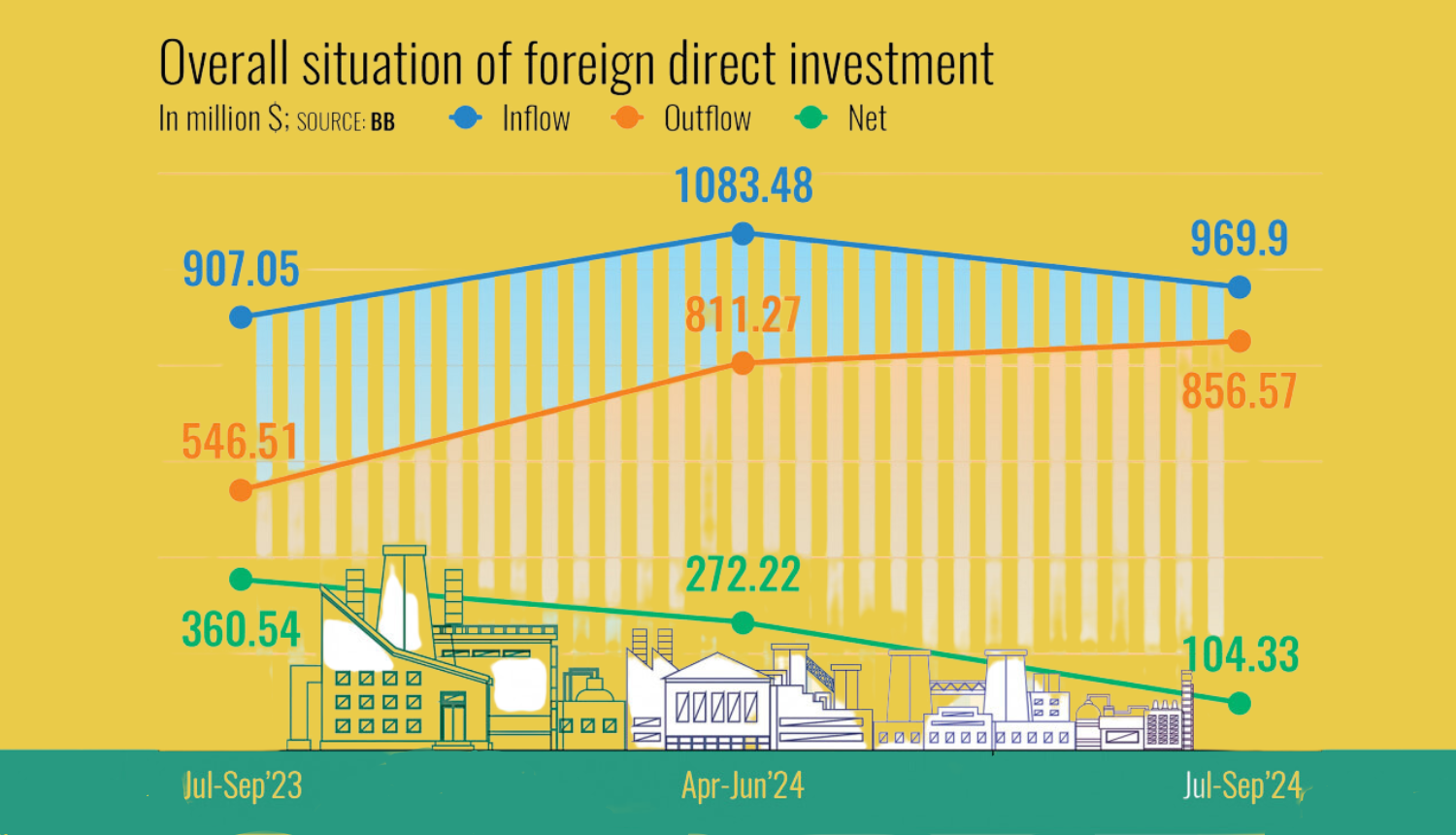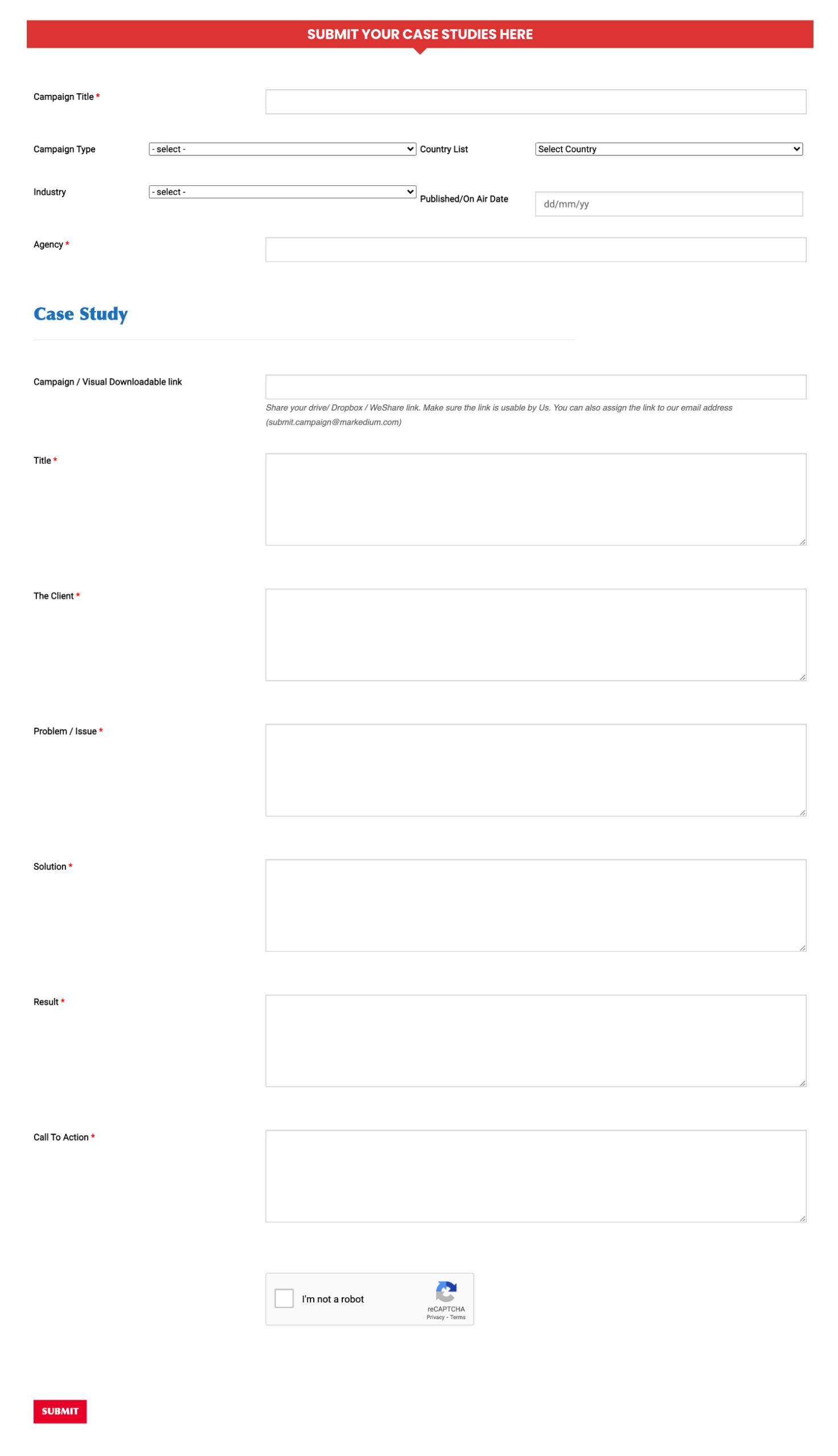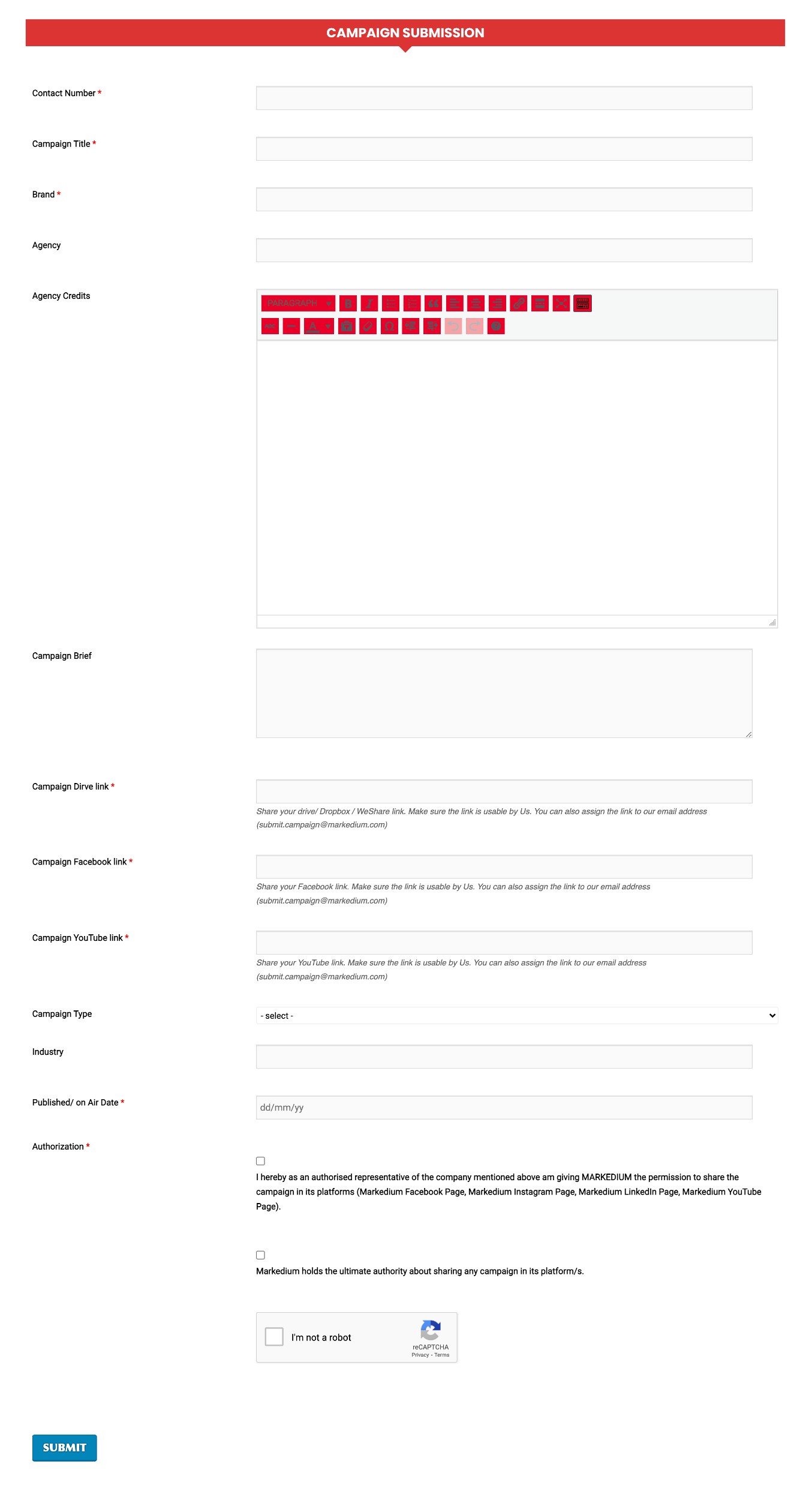
FDI in Bangladesh Hits Six-Year Low Amidst Political and Economic Turmoil2 min read
Foreign direct investment (FDI) in Bangladesh plummeted to $104.33 million in the July-September quarter of fiscal year 2024-25, marking the lowest level in at least six years. This dramatic decline, down 71% from $360.5 million during the same period in FY24, reflects the impact of political unrest, labor agitation, and a persistent economic crisis reportedly.
Data from the Bangladesh Bank (BB) reveals that net equity inflows fell to $76.79 million, a 46% year-on-year drop. Reinvested earnings also plunged 73%, amounting to just $72.9 million. These figures represent the weakest FDI performance since the July-September quarter of FY20.
The downturn coincides with a turbulent period for the country. High inflation, import restrictions, dollar shortages, and political instability have caused widespread economic disruptions. The political uprising in July, which led to the ousting of the Awami League in early August, further destabilized the investment climate, exacerbating the decline in foreign inflows.
Read more: BIDA Unveils FDI Heatmap To Boost Foreign Investment In Bangladesh
Zaved Akhtar, president of the Foreign Investors’ Chamber of Commerce & Industry (FICCI), emphasized that investors seek predictability and stability in policy and economic conditions before committing significant capital. M Masrur Reaz, chairman of Policy Exchange Bangladesh, echoed these sentiments, attributing the FDI drop to macroeconomic challenges, including inflation and currency volatility. Reaz also noted that the ongoing political transition from an interim to an elected government has added to investor uncertainty.
The United Kingdom emerged as the largest FDI contributor during the quarter, followed by South Korea and China. However, Rupali Chowdhury, former FICCI president, warned that political changeovers often lead to policy uncertainty, deterring both domestic and foreign investors. Chowdhury further highlighted a lack of coordination among key government institutions like the Bangladesh Bank, the National Board of Revenue, and various ministries, exacerbating the investment challenges.
As Bangladesh grapples with these issues, restoring investor confidence and addressing economic vulnerabilities remain critical for reversing the downward trend in FDI.
For more updates, be with Markedium.


